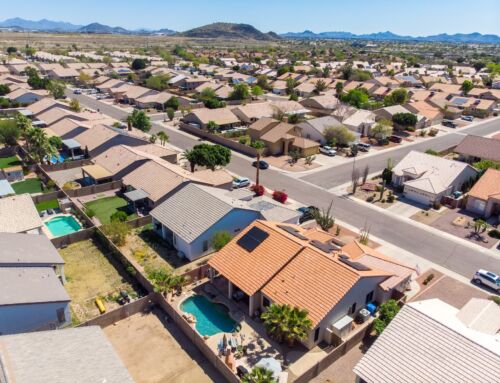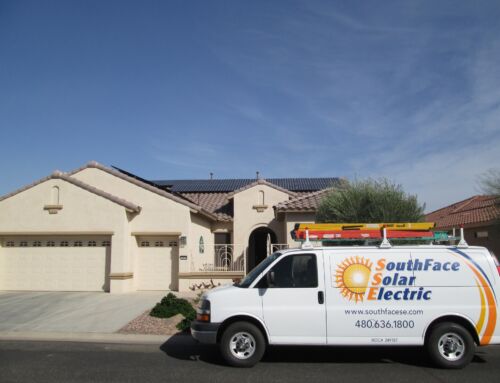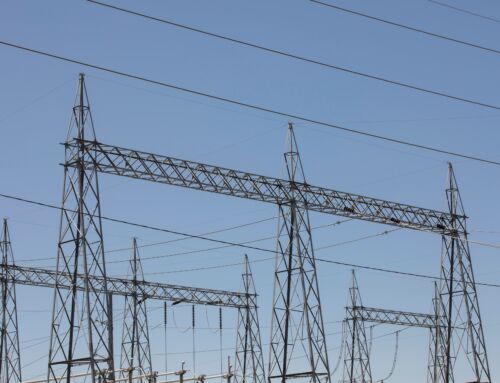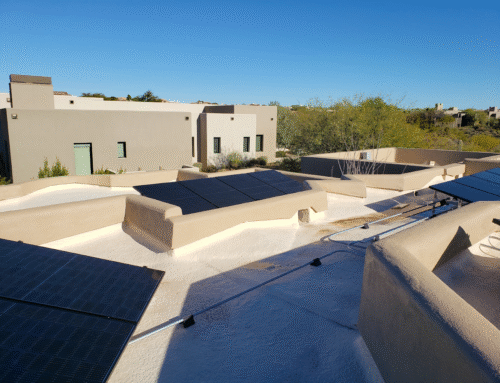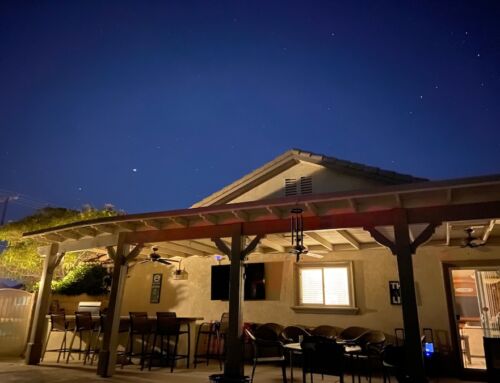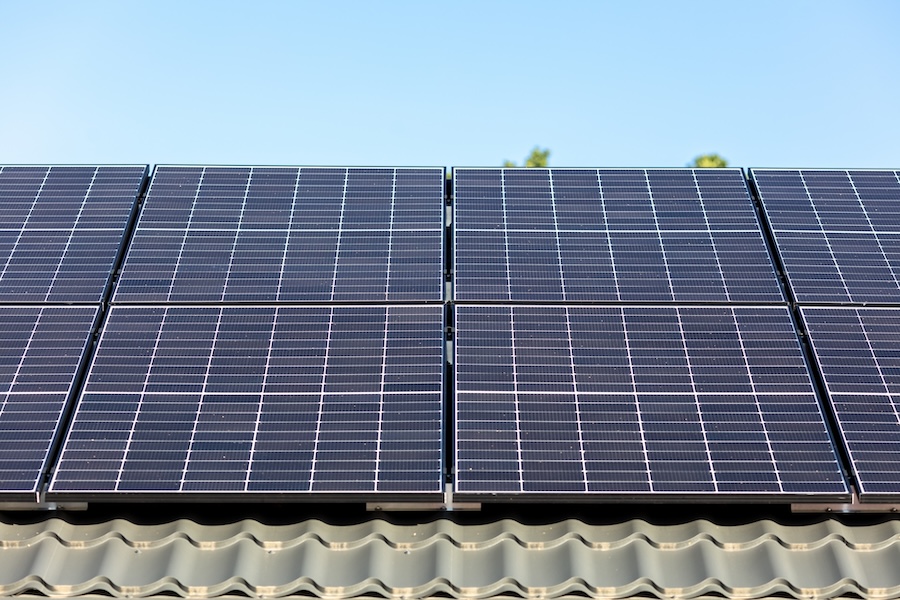
Should You Buy or Lease Your Solar Panels?
Congratulations! You’ve decided to go solar. The next step? Deciding how to pay for it.
There are several ways to finance a solar installation. You could buy your solar panels with a cash payment or solar loan, or you could lease them. Every option has its pros and cons, and it’s important to weigh them carefully before making a decision.
In this guide, we break down all three solar financing options to help you decide which makes the most sense for your home solar installation.
Solar Financing Options
There are three ways to finance a residential solar panel installation.
1. Cash Payment
A cash payment is exactly what it sounds like—you buy your solar panels upfront with cash. Paying cash is always the lowest-cost option because you don’t have to pay interest or fees. It does, however, require a significant upfront investment.
2. Solar Loan
With a solar loan, you can install solar panels on your home for little down. It’s a great option if you don’t want to make a big upfront payment. The only downside is that you’ll have to pay interest, which makes a loan more expensive than a cash payment.
3. Solar Lease
When you lease solar panels, they’re installed on your home but you don’t own them. A solar leasing company pays for the installation and you pay the leasing company a monthly fee to use the power they produce.
What’s the Difference Leasing & Buying Solar Panels?
The main difference between buying and leasing your solar panels is ownership.
If you buy your solar panel system, either with a cash purchase or a loan, you own it. That means you have full control of the system and the power it produces. It also means you receive all the rebates and incentives your system qualifies for, including the 30% federal solar tax credit.
If you lease your solar panels, you do not own the system. The panels will be installed at your home, but you won’t own them or the power they generate—it belongs to the leasing company. The leasing company will also claim all the incentives the system qualifies for, eliminating a key benefit for you.
Pros & Cons of Buying vs Leasing Solar Panels
Return on Investment
Buy: Solar ownership provides a better financial return, whether you pay cash or take out a loan. But the return on investment will always be highest with a cash payment. This is especially true if you plan to stay in your home for a long time. Most homeowners break even on solar in or around eight years. Everything you save after that is free money. If you’re not planning to move, you could have almost two decades of free power if you buy your solar panels.
Lease: A lease is less expensive than a cash payment upfront, but it costs more and saves less over time. When you lease solar panels, you make a monthly payment to the leasing company for the duration of the lease agreement, which typically lasts the entire useful life of the solar panels (though most leases have the option to buy after around 7 years). That means your electricity costs go down, but they never go away. Most leases also have escalators, which raise your payments every year.
Tax Credits & Incentives
Buy: Solar panels qualify for tax breaks and incentives, and these go to the owner of the system. When you buy your solar panels with cash or a loan, you’ll be able to claim the 30% federal solar tax credit, the $1,000 Arizona state solar tax credit, and any other utility rebates or incentives the system qualifies for.
Lease: When you lease your solar panels, you do not qualify for incentives. The leasing company will claim all tax credits, rebates, and other financial incentives the system qualifies for.
Maintenance
Buy: The only real downside to owning your solar panels is that you’re in charge of the maintenance. But solar panels are pretty easy to maintain. They don’t have any moving parts or need to be cleaned often, which makes them easy to take care of.
Lease: Since you don’t own your solar panels with a lease, you’re not responsible for their maintenance. Your leasing company will take care of any maintenance or upkeep your system requires.
Energy Security & Independence
Buy: One of the most important benefits of solar panels is independence. They give you full control over your electricity generation—but only if you buy them.
Lease: Since you don’t own them, leased solar panels do not give you full control over your electricity. When you lease solar, you’re essentially transferring control from your utility company to a solar leasing company. It might save you money, but it doesn’t give you the peace of mind or freedom that comes with owning your power.
Selling Your Home
Buy: Owning solar panels can increase the value of your home. According to Zillow, houses with solar panels sell for 4.1% more than similar houses without solar panels, because they’re seen as a permanent, luxury feature.
Lease: Leasing solar panels can make it more difficult to sell your home. When you sell a house with leased solar panels, the buyer has to agree to take over the lease, which complicates the process and can dissuade interested buyers from moving forward.
The Final Verdict: Should You Lease or Buy Solar Panels?
It almost always makes more sense to buy your solar panels with cash or a loan than it does to sign a solar lease. A solar lease might be tempting since there’s no upfront cost, but your financial return will be significantly lower and you’ll forgo most of the other benefits solar panels offer, like greater energy independence, financial incentives, and increased home value.
In some cases, leasing can be a good option, but if you do go this route, you need to be careful. There are many predatory solar leasing companies out there that take advantage of homeowners by locking them into expensive leases with steep escalators.
SouthFace Solar & Electric believes in bringing more power to you, the homeowner, not giving it away to a leasing company. We do install custom systems and can design a system that works with your budget. Give us a call today to learn more about your options. Our assessments and estimates are always free!

